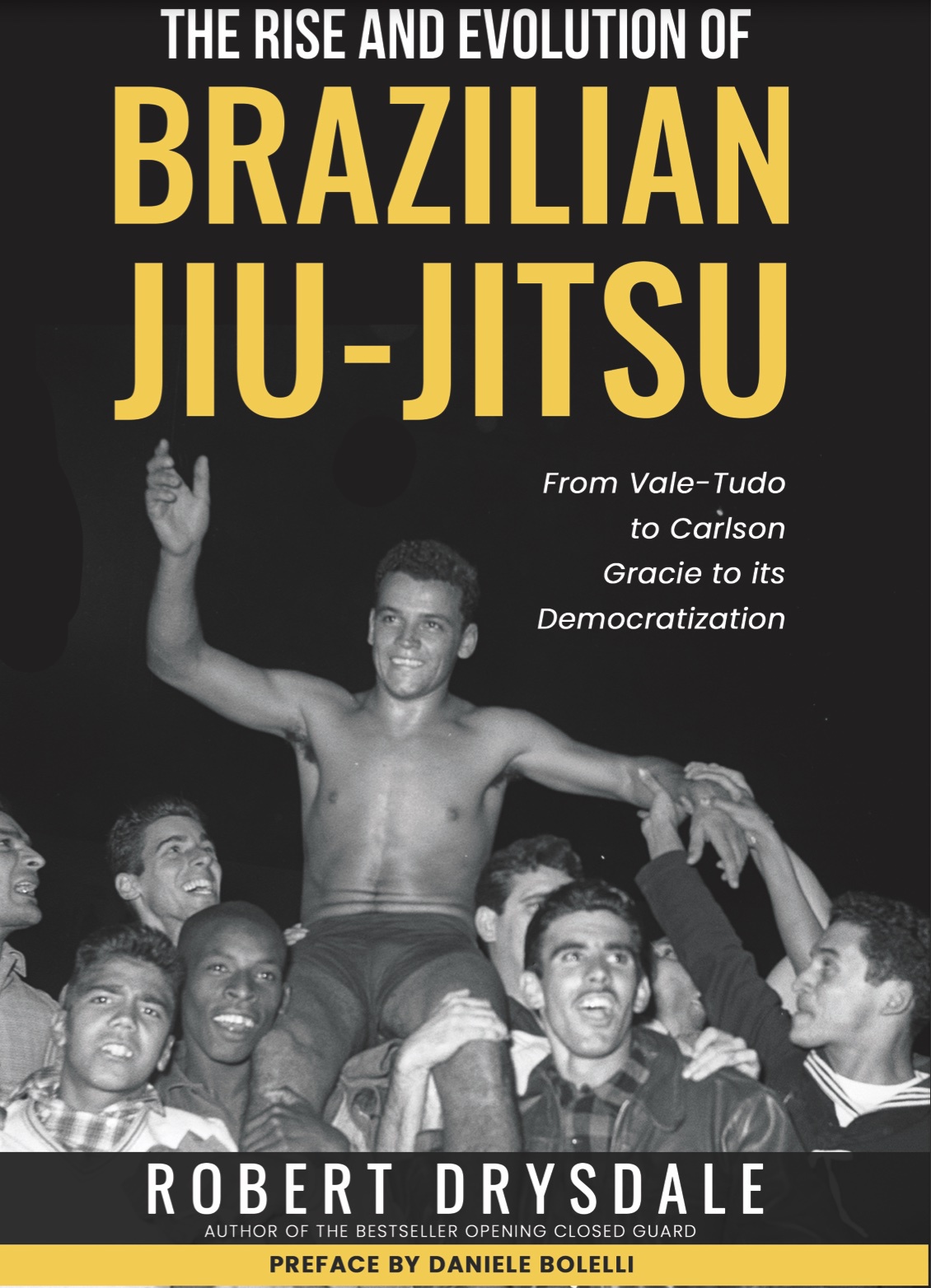

Most ebook files are in PDF format, so you can easily read them using various software such as Foxit Reader or directly on the Google Chrome browser.
Some ebook files are released by publishers in other formats such as .awz, .mobi, .epub, .fb2, etc. You may need to install specific software to read these formats on mobile/PC, such as Calibre.
Please read the tutorial at this link: https://ebookbell.com/faq
We offer FREE conversion to the popular formats you request; however, this may take some time. Therefore, right after payment, please email us, and we will try to provide the service as quickly as possible.
For some exceptional file formats or broken links (if any), please refrain from opening any disputes. Instead, email us first, and we will try to assist within a maximum of 6 hours.
EbookBell Team

4.8
104 reviews“The Rise and Evolution of Brazilian Jiu-Jitsu” is divided into four parts, or four waves of practitioners (1934-1967; 1967-1993; 1993-2007 and 2007-present) as these practitioners were exposed to different brands of jiu-jitsu as the art evolved over time, in both cultural and technical terms. For this, the author takes a dive into the importance of vale-tudo in shaping the Gracie fighting system away from judo and into a more reality-based approach to combat. It also investigates jiu-jitsu’s continuous evolution inside its first federation as well as how the family feud between Helio and Carlson Gracie played a vital role in this evolutionary process.
Furthermore, the book discusses the importance of the brotherly-rivalry between Carlson and Rolls Gracie as setting the foundation for jiu-jitsu to evolve from its previous form into the brand of jiu-jitsu practiced by millions of people around the world today. According to the author, it was Carlson’s role in insisting on a competition-oriented approach to jiu-jitsu open to all that breathed life into the brand of jiu-jitsu that took the world by storm after the rise of Royce Gracie and the UFC in 1993. For these and other reasons discussed in the present work, the author places Carlson at the center of this history as the father of modern BJJ and MMA.
Lastly, this book discusses the struggles and importance of Carlos Gracie Jr. and the IBJJF in giving jiu-jitsu, structure, shape and professional credibility at a time where jiu-jitsu was under threat of becoming simply another fad. It also discusses the greatest challenges the art faces today as its popularity carries with it problems that threaten to fragment precisely some
…